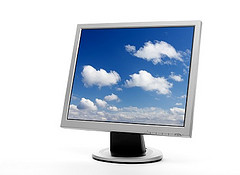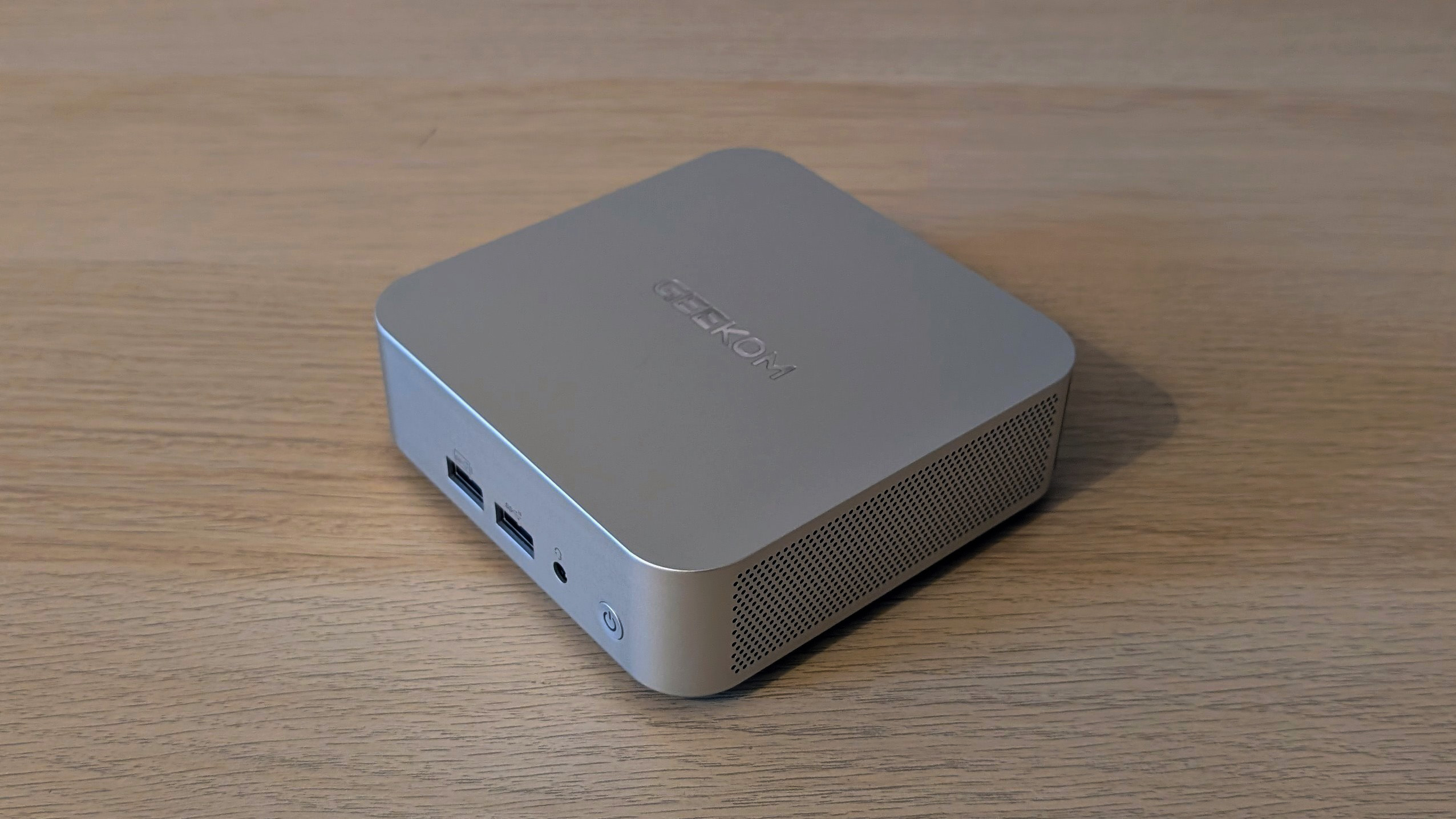What does the cloud really mean for IT?
Cloud computing will change IT departments, but it's not some 'utilitarian dream,' one analyst has said.


Cloud computing will change IT, but it won't look the way many expect, according to one analyst.
Speaking at the launch of VMware's vSphere a virtual data centre operating system which promises to let firms create their own internal cloud Butler Group's Roy Illsley explained that most companies will never be able to move the bulk of their data or processing off site, the way many imagine cloud computing could work.
"In our view, organisations are going to want to this interally [They're] not looking to talk those resources to an external provider," he said.
Illsley admitted that small and medium sized businesses (SMBs) might, but there are still issues with where data is held for smaller businesses and large enterprises. Indeed, many countries require firms to keep data within their borders.
But that doesn't mean the benefits of cloud computing such as lower costs, scalability and resiliency will be lost. "Cloud is not a utilitarian dream, running everything on anything," he said, explaining it's about shrinking the number of resource pools that IT departments need to manage.
Illesley explained that by using virtualisation, IT departments can tie together internal resources and link them up with external clouds creating what he called a "virtual mainframe."
Other speakers at the VMware launch dubbed the idea a "software mainframe," "private cloud," and even just a "giant computer," but the basic idea is to give companies a single view of their infrastructure, whether it be physical or virtual, in-house or in the cloud.
Sign up today and you will receive a free copy of our Future Focus 2025 report - the leading guidance on AI, cybersecurity and other IT challenges as per 700+ senior executives
"The cloud concept will transform what IT departments look like," he said.
Freelance journalist Nicole Kobie first started writing for ITPro in 2007, with bylines in New Scientist, Wired, PC Pro and many more.
Nicole the author of a book about the history of technology, The Long History of the Future.
-
 Coursera and Udemy eye AI training dominance in $2.5bn merger
Coursera and Udemy eye AI training dominance in $2.5bn mergerNews The deal between Coursera and Udemy will create a $2.5bn company to help workers learn AI – and retrain for jobs replaced by it
-
 Geekom A8 AI Review
Geekom A8 AI ReviewReviews The A8 leaves the A5 and A9 in its wake as the smallest mini PC on the market to feature AMD's Radeon 780m iGPU
-
 Global IT spending set to hit a 30-year high by end of 2025
Global IT spending set to hit a 30-year high by end of 2025News Spending on hardware, software and IT services is growing faster than it has since 1996
-
 AI tools are a game changer for enterprise productivity, but reliability issues are causing major headaches – ‘everyone’s using AI, but very few know how to keep it from falling over’
AI tools are a game changer for enterprise productivity, but reliability issues are causing major headaches – ‘everyone’s using AI, but very few know how to keep it from falling over’News Enterprises are flocking to AI tools, but very few lack the appropriate infrastructure to drive adoption at scale
-
 Pegasystems teams up with AWS to supercharge IT modernization
Pegasystems teams up with AWS to supercharge IT modernizationNews The duo aim to create deeper ties between the Blueprint, Bedrock, and Transform services
-
 Better together
Better togetherWhitepaper Achieve more with Windows 11 and Surface
-
 Transforming the enterprise
Transforming the enterpriseWhitepaper With Intel and CDW
-
 The top trends in money remittance
The top trends in money remittanceWhitepaper Tackling the key issues shaping the money remittance industry
-
 How Kantar revamped its IT infrastructure after being sold off
How Kantar revamped its IT infrastructure after being sold offCase Study Being acquired by a private equity firm meant Kantar couldn’t rely on its parent company’s infrastructure, and was forced to confront its technical shortcomings
-
 Deutsche Bank wraps up Postbank IT integration after bug-laden migrations
Deutsche Bank wraps up Postbank IT integration after bug-laden migrationsNews The IT merger is expected to generate annual savings of €300 million by 2025
